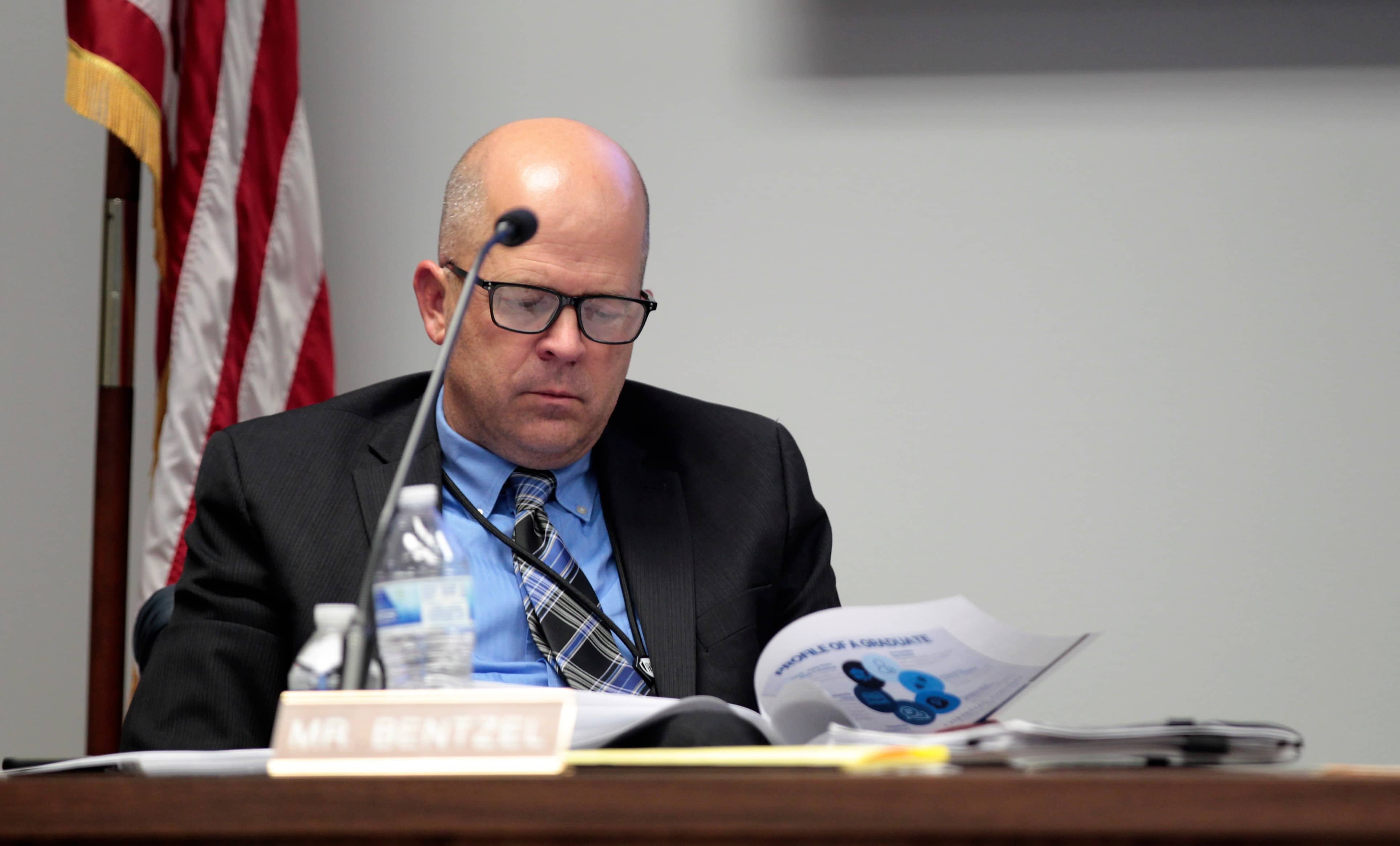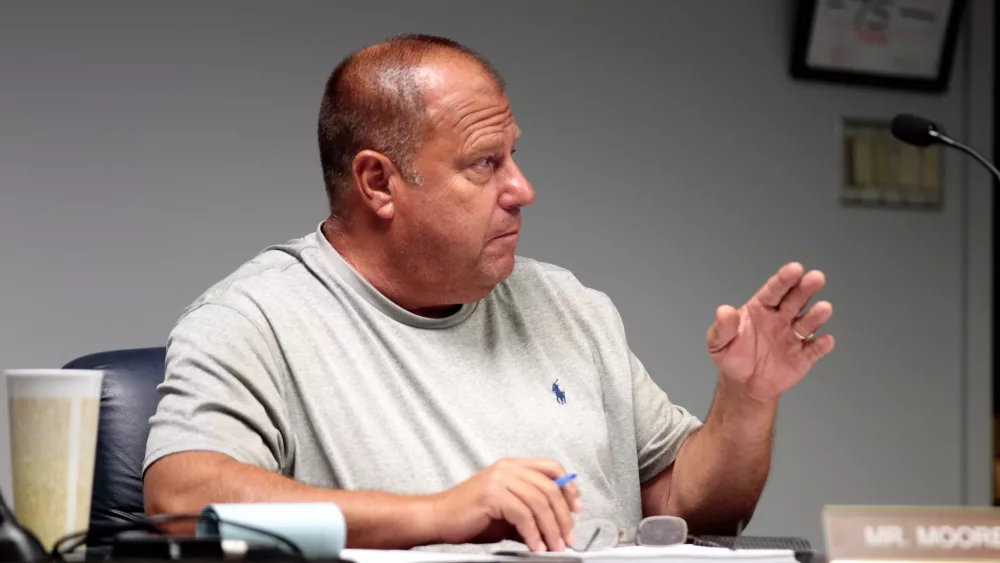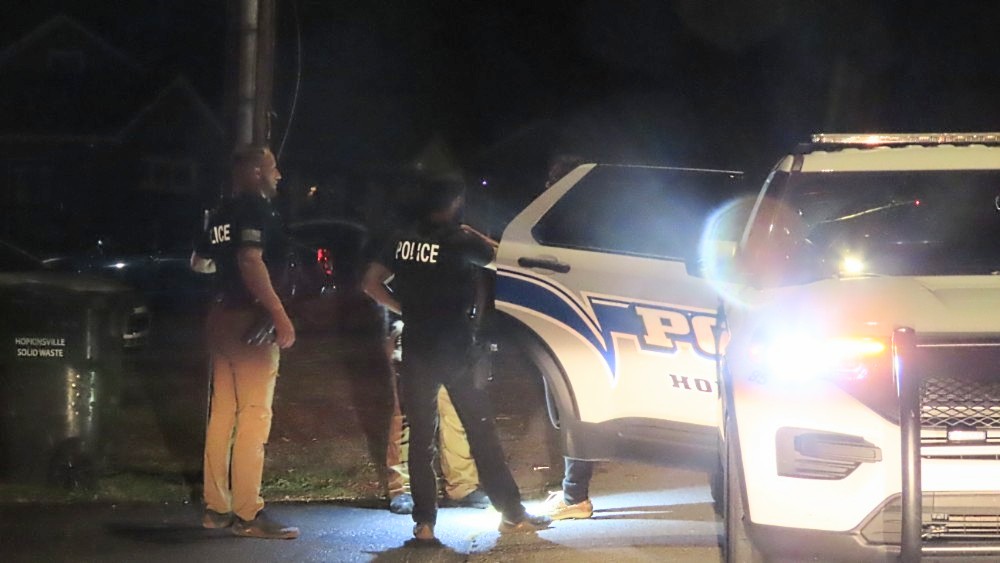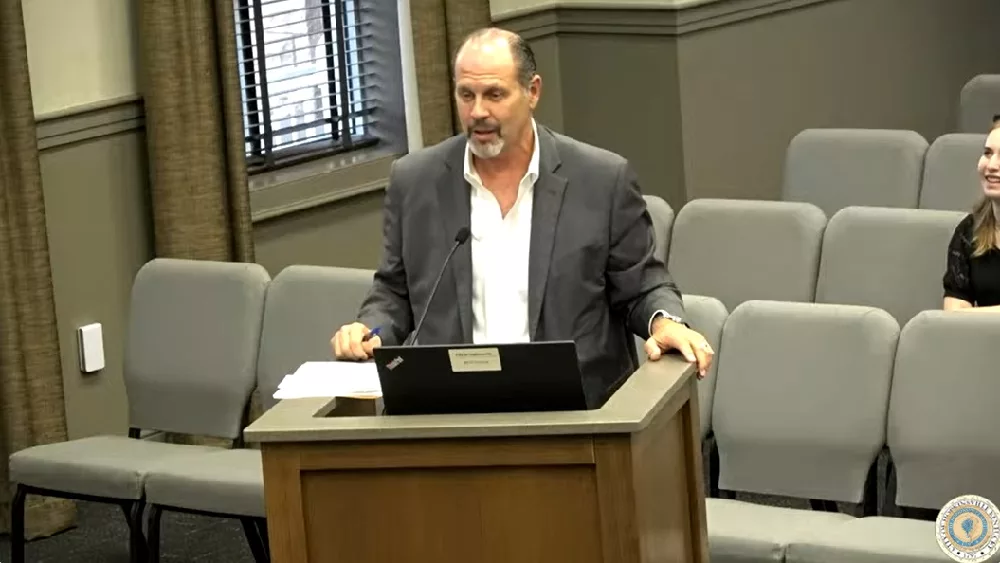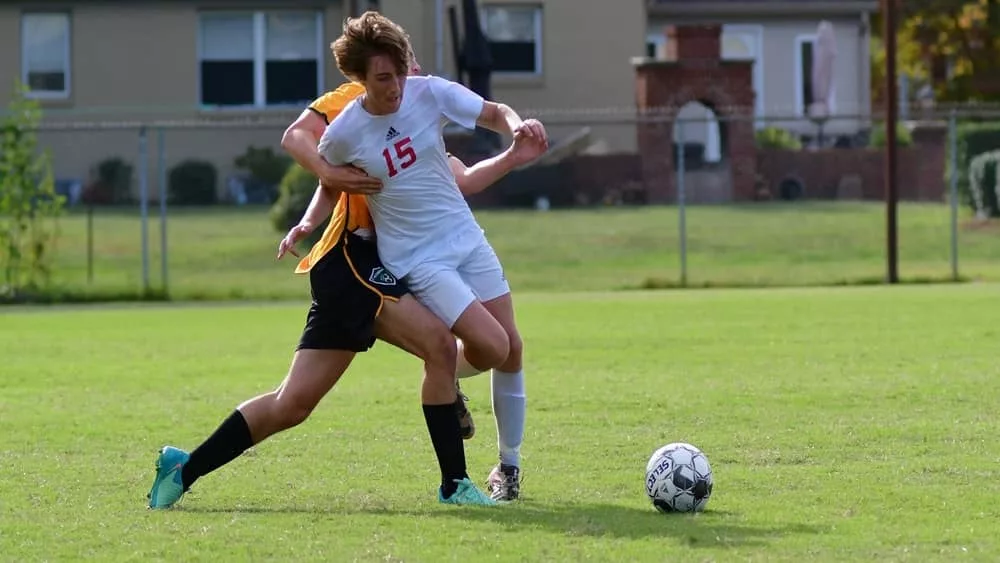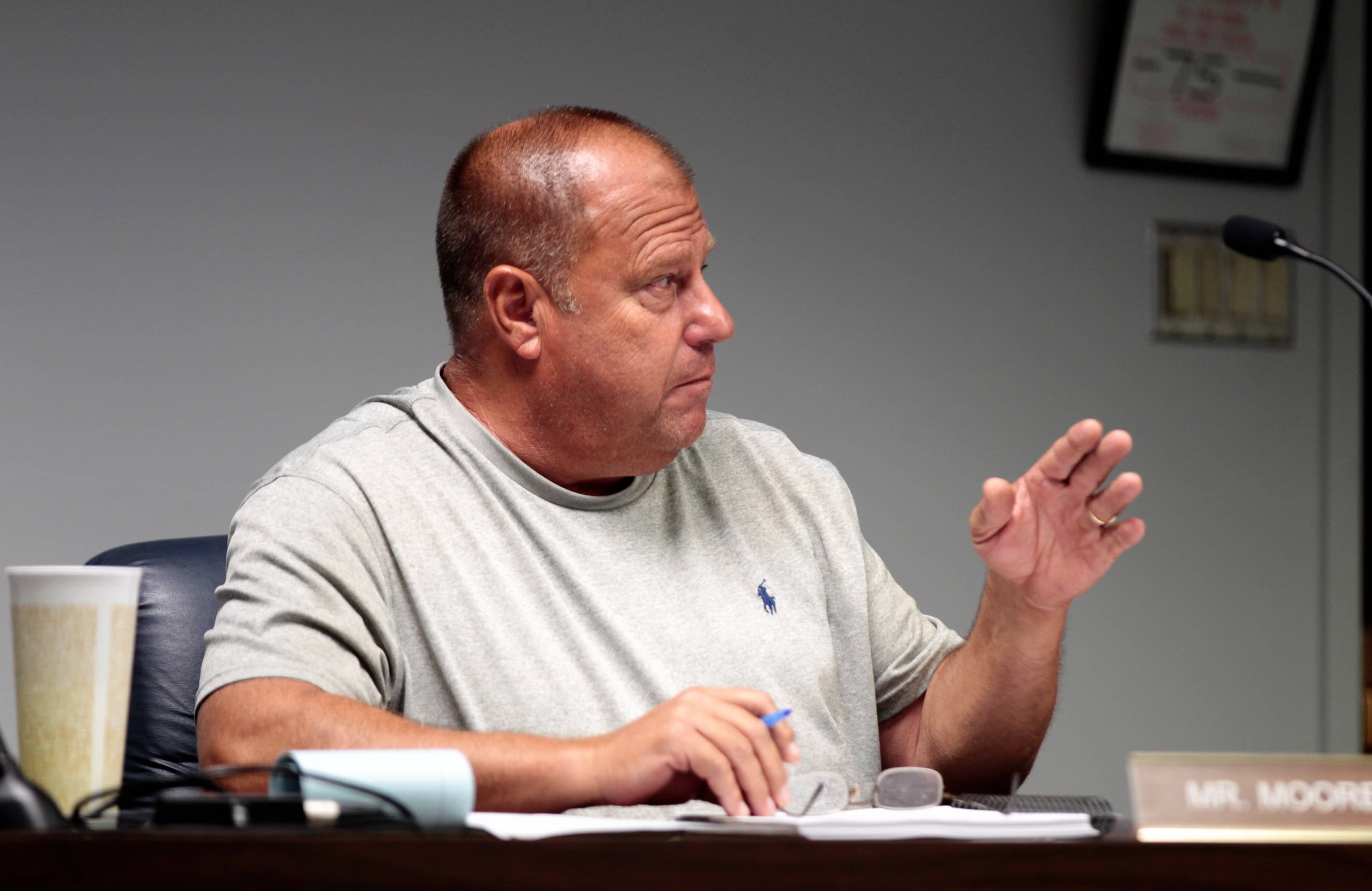
Following a brief public tax hearing Thursday night, the Christian County School Board voted unanimously in favor of keeping all current tax rates the same for the 2023-24 fiscal year.
This includes 42.2 cents per $100 of assessed real estate, 42.8 cents per $100 of assessed personal property, 56.6 cents per $100 of motor vehicle value, and a flat 3% utility tax.
Jessica Darnell, the district’s director of finance, noted this means an expected $1.68 million of increased revenue for the next 12 months up to roughly $20 million — due mostly to Christian County’s continued growth.
However, it was she and the school’s attorney Jack Lackey Jr. who clarified that while the coming boon is a positive, changes in the state’s SEEK funding mechanism will greatly neuter the end results.
Darnell also took considerable time to make three key points about the school’s tax rates — which have either stayed nearly the same or been lowered, in the last four years. All following a defeated vote of a recallable nickel tax in 2019.
At 42.2 cents, she said Christian County has the seventh lowest property tax rate in the state, the 11th largest population, and geographically the second largest size.
No other notes were given with these points, but one could easily infer that a large population over a wide area brings with it considerable costs in transportation, staffing, facilities, and other non-trivial needs for students, faculty, and administration.
Darnell did note through tables, however, several comparisons for Christian County and around the state.
Every single surrounding district has higher real estate and personal property taxes. Dawson Springs is at 74.7. Hopkins County has 68.2. Muhlenberg County has 53.8. Trigg County has 54.9, approved just last week. Todd County has 45.6. Caldwell County has 44.6.
She also pointed to other similar counterparts across the Commonwealth. McCracken County, consolidated since 2013 and a 2020 census clocking in above 67,400 people, has a student population of around 6,500 with real and personal at 53.8, and motor vehicle at 52.9.
Paducah Independent, which has almost 2,800 students and pulls in taxes from at least 20,000 city residents, has real at 84.6, personal at 86.4, and tax at 56.6.
This took District 1’s Jeff Moore aback.
Christian County doesn’t even have the highest motor vehicle tax rate in south western Kentucky. That belongs to Dawson Independent, at 68.7.
Another comparable county is Laurel, which is at 46.4 in real, 48.4 in personal, 46.3 in motor vehicle, and has a county population of more than 62,500.
One could look at median incomes, too, even though those weren’t brought up Thursday. Laurel County reported $49,033 per year in the last census; Christian County reported $47,750.
Wolfe County, Darnell added, is the state’s smallest — and has a rate at 36.6, just six cents fewer on the $100 than Christian County does.
From 2020-21 to 2021-22, Christian County experienced more than $360 million of increased assessed valued. From 2021-22 to 2022-23, this increase was more than $330 million. And the projection for 2023-24 is an increase of more than $388 million — bringing assessed values north of $5.3 billion.
By the numbers, Christian County’s past three years have been the best in property value and growth since at least 2001-02, and perhaps longer.
The arrival of Ascend Elements and other Commerce Park II developments, the eventual and inevitable consolidation of Christian County and Hopkinsville high schools, the return of and the construction of restaurants, the remodel of the Hopkinsville-Christian County Public Library, the expected growth of Oak Grove under legalized sports gambling and the refitting of Breathitt Parkway for I-169 will only further bolster these values.
